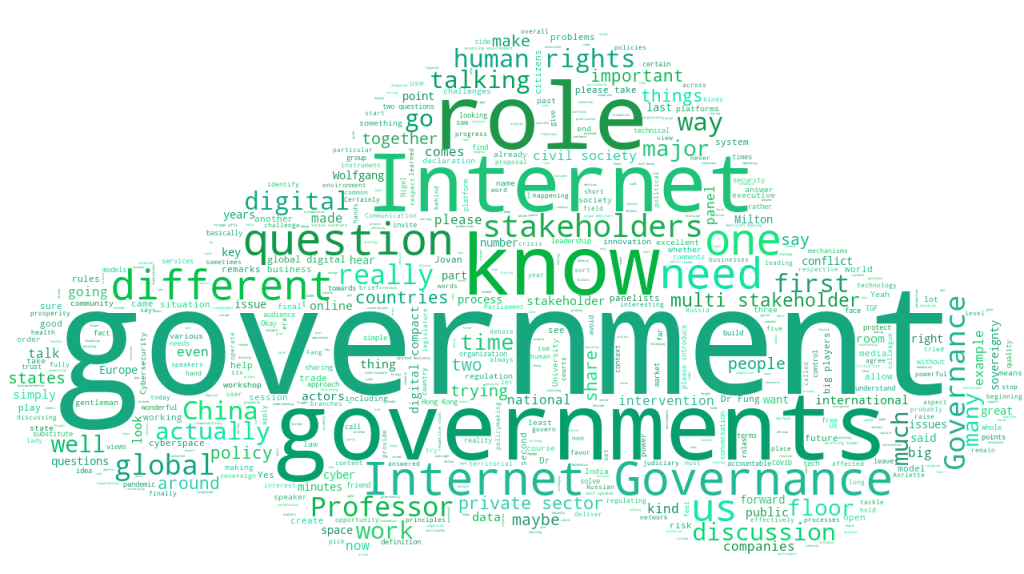Reassessing government role in IG: How to embrace Leviathan
29 Nov 2022 13:15h - 14:15h
Event report
The current global geopolitical landscape, in addition to the COVID-19 pandemic, has renewed interest in what the role of governments in internet governance should be.
Indeed, the so-called ’return’ of states has become an important feature of recent debates on global internet governance. As digital technologies continue to be increasingly intertwined with our lives, many governments appear ready to play a more active and crucial role in defining and imposing new rules and limits in the digital sphere.
While some argue that the role of governments should primarily be to create an enabling environment for internet development and to promote and respect human rights, others call for a more all-encompassing approach in view to curb the power of foreign technology corporations and strengthen their digital sovereignty.
When assessing what the role of governments should be, finding the right balance appears crucial to avoid government overreach and the amplification of emerging threats. In particular, governments should leave to the private sector certain forms of global governance that require global compatibility of the internet, or this would inevitably lead to further internet fragmentation.
As governments’ sovereignties are territorially bound, while the internet is not, global digital cooperation is needed. The USA, China, Europe, and India play the most critical role in this respect, due to the size of their populations and their markets. Despite the need for more cooperation, the spirit of collaborative internet governance is currently disappearing and is gradually replaced by polarisation and disagreements between states. Discourses opposing like-minded countries against non-like-minded countries should be avoided, as they fragment how we are talking about internet governance between north and south, west and east.
Also, the role of governments should vary depending on the subject matter (DNS, cybersecurity, or digital trade). Internet governance can refer to a wide range of subjects. There is a need to first look at the issue at stake to then build the governance model and define the respective roles of each stakeholder. What is thus needed is more policy innovations in internet governance.
This highlights the fact that existing systems, designed to mediate the participation of governments in internet governance such as WSIS, remain insufficient. The UN Global Digital Compact seems like a valuable avenue to address what should be the role of governments. Yet, there is a need to make sure that these discussions remain multistakeholder and not only consist of mere consultations of civil society actors. Improvements could include following the format of the NetMundial in São Paulo, in which the drafting process was in the hands of so-called multistakeholder drafting teams, in conjunction with an intergovernmental committee.
By Clement Perarnaud
The session in keywords
Related event


